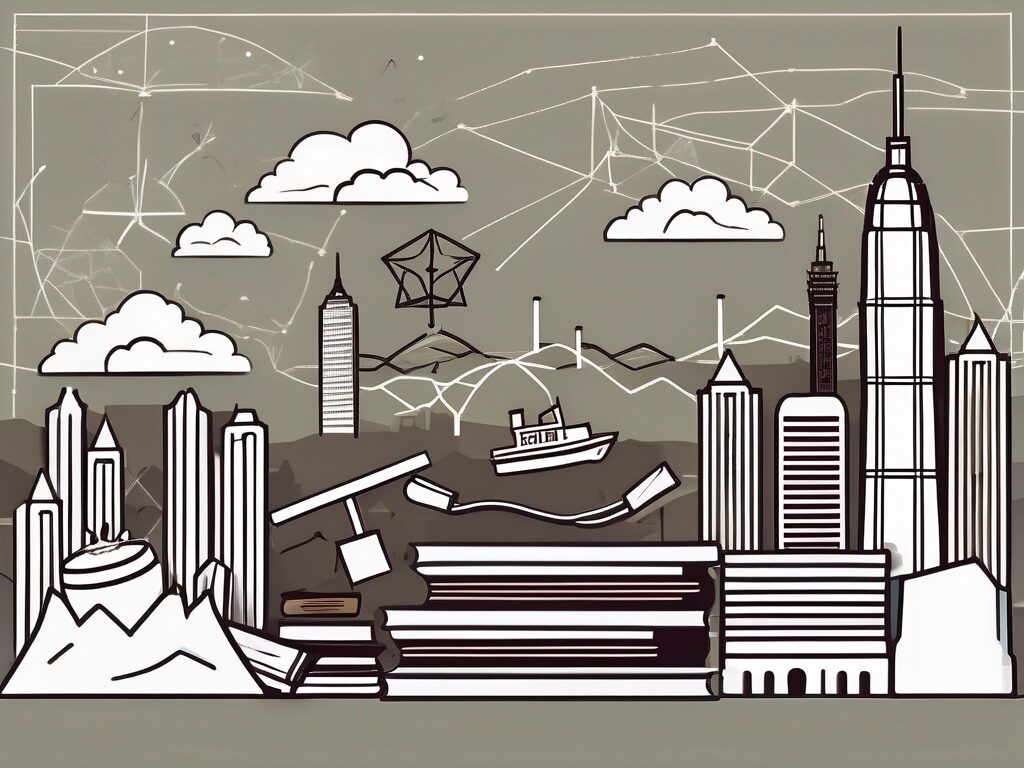html
Overcoming Japan’s Education Barriers: 5 Key Solutions for Success
Japan’s education system is renowned for its rigor and high standards, yet it faces significant barriers that can hinder student success. From cultural expectations to resource disparities, these challenges can create obstacles for both students and educators. In this blog post, we will explore five key solutions to overcome these barriers, ensuring that every student has the opportunity to thrive in Japan’s educational landscape. Whether you are an educator, a parent, or a policy-maker, understanding these solutions is crucial for fostering an inclusive and effective learning environment.
1. Embracing Diverse Learning Styles
One of the primary barriers in Japan’s education system is the traditional one-size-fits-all approach to teaching. Students have diverse learning styles, and failing to accommodate these differences can lead to disengagement and underperformance. To overcome this barrier, educators should embrace differentiated instruction, which tailors teaching methods to meet the varied needs of students.
For instance, incorporating visual aids, hands-on activities, and collaborative projects can cater to different learning preferences. A study by the Ministry of Education, Culture, Sports, Science and Technology (MEXT) found that classrooms employing differentiated instruction saw a 30% increase in student engagement and comprehension. By recognising and valuing diverse learning styles, educators can create a more inclusive environment that fosters success for all students.
2. Enhancing Teacher Training and Support
Another significant barrier is the lack of ongoing professional development for teachers. While Japan has a strong emphasis on initial teacher training, many educators do not receive adequate support to adapt to changing educational needs. To address this issue, schools and educational institutions must prioritise continuous professional development.
Programs that focus on modern teaching methodologies, classroom management, and emotional intelligence can empower teachers to create more effective learning environments. For example, the Tokyo Metropolitan Government has implemented a series of workshops aimed at enhancing teachers’ skills in inclusive education, resulting in improved student outcomes. By investing in teacher training, we can ensure that educators are equipped to meet the challenges of today’s classrooms.
3. Promoting Mental Health Awareness
Mental health is a critical yet often overlooked aspect of education in Japan. The pressure to excel academically can lead to stress, anxiety, and burnout among students. To overcome this barrier, schools must prioritise mental health awareness and support systems.
Implementing programs that educate students about mental health, provide access to counselling services, and promote a healthy school-life balance can significantly improve student well-being. A survey conducted by the Japan Youth Research Institute revealed that schools with robust mental health programs reported a 40% decrease in student absenteeism. By fostering a supportive environment, we can help students navigate the pressures of academic life and achieve their full potential.
4. Leveraging Technology for Enhanced Learning
In today’s digital age, technology plays a vital role in education. However, many schools in Japan still rely on traditional teaching methods, which can limit students’ engagement and access to resources. To overcome this barrier, educators should leverage technology to enhance learning experiences.
Integrating digital tools such as online learning platforms, educational apps, and interactive whiteboards can create a more dynamic and engaging classroom environment. For example, a case study from a Tokyo high school demonstrated that incorporating online collaborative projects led to a 25% increase in student participation and motivation. By embracing technology, educators can provide students with diverse learning opportunities and prepare them for a rapidly changing world.
5. Fostering Parental Involvement
Parental involvement is crucial for student success, yet many parents in Japan feel disconnected from the education system. To overcome this barrier, schools must actively engage parents and encourage their participation in their children’s education.
Organising workshops, parent-teacher meetings, and community events can help bridge the gap between home and school. A study by the Japan Institute for Educational Measurement found that schools with high levels of parental involvement saw a 20% improvement in student academic performance. By fostering strong partnerships with parents, educators can create a supportive network that enhances student learning and development.
Conclusion
Overcoming the barriers in Japan’s education system requires a multifaceted approach that addresses diverse learning styles, enhances teacher training, promotes mental health awareness, leverages technology, and fosters parental involvement. By implementing these five key solutions, we can create a more inclusive and effective educational environment that empowers every student to succeed.
Empower Your Teaching Career with IPGCE
As we strive for a more inclusive education system in Malaysia, the role of qualified and well-trained educators becomes increasingly crucial. IPGCE is dedicated to supporting teachers in their professional journey, offering the International Postgraduate Certificate in Education (iPGCE) to enhance qualifications and open doors to international teaching opportunities. With our program, you can expect a significant increase in interview callbacks, promotion rates, and salary. Plus, you’ll join a global network of educators, gain a deeper understanding of international curricula, and enjoy the flexibility of online study. Don’t let inadequate credentials or isolation hold you back. Join the UK’s #1 Teacher Training Course today and take a decisive step towards a fulfilling career in inclusive education.
For more insights on education and teaching strategies, check out our related articles on Teacher Training Programs and Inclusive Education Practices.
Connect with us on LinkedIn for more updates and insights!

